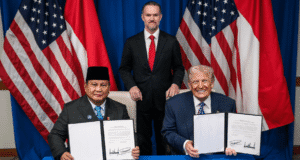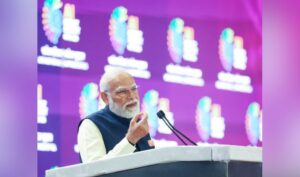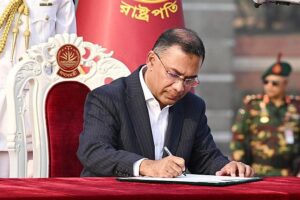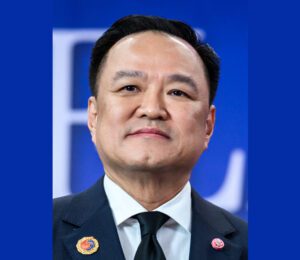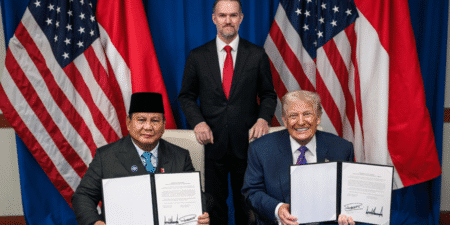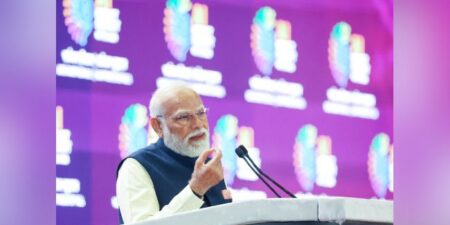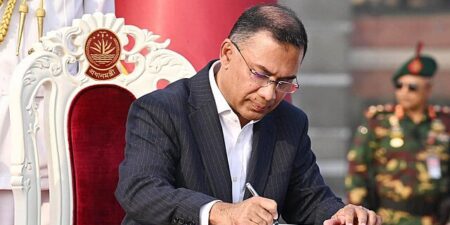
National Day Rally 2025: Shaping a ‘We-First’ Singapore Beyond 60
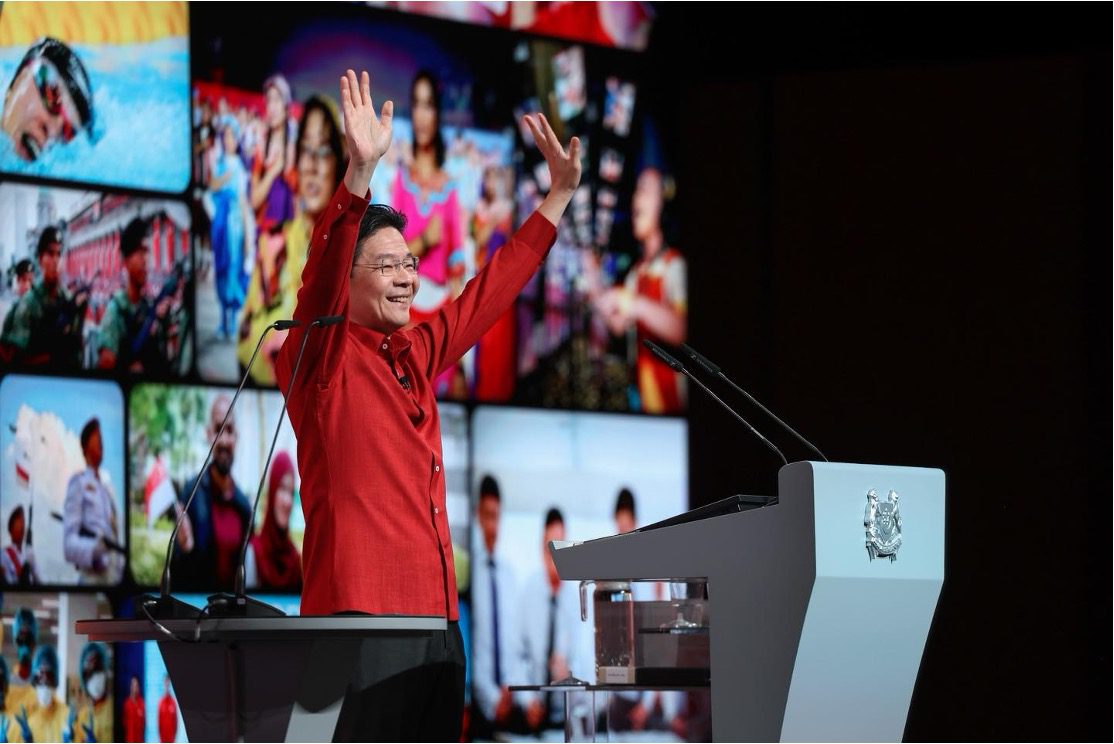
The BGA Singapore team, led by Managing Director Nydia Ngiow, wrote an update to clients on Singapore Prime Minister Lawrence Wong’s second National Day Rally speech.
Context
- Singapore’s Prime Minister Lawrence Wong delivered his second National Day Rally August 17. Typically regarded as the most important political speech of the year, the rally proved starkly underwhelming for his first major address since winning the general elections just three months ago and on the occasion of Singapore’s 60th year of independence. Wong elaborated on themes he mentioned in his National Day message the previous week, covering five main themes in his speech: the economy, the youth, seniors, infrastructure for the future and fostering a collective “Singapore spirit.” Against the backdrop of a troubled and turbulent era, when geopolitical rivalry is intensifying and conflicts are breaking out in the region, Wong reiterated that Singapore must be more than just a bystander, declaring, “we will take charge of our own destiny.”
- The theme of community clearly resonated through all three speeches, with Wong emphasizing the importance of a “we-first” society, where the collective good is placed above personal interest and Singaporeans step forward to take responsibility for one another.
Significance
- Wong elaborated on the reasons behind the Singapore Economic Resilience Taskforce (SERT), which was first convened April 16. He said that although the 10 percent baseline tariff the United States imposed on Singapore was the lowest rate available, this provided “little comfort” given how quickly things evolve. Washington could raise this baseline rate or set higher tariffs after the conclusion of Section 232 investigations on pharmaceuticals and semiconductors, which are key for Singapore’s economy. Wong also warned that there will be more trade barriers in the world. As such, it was important for the SERT, led by Deputy Prime Minister and Minister for Trade and Industry Gan Kim Yong, to review and refresh Singapore’s strategies for its future as announced August 4. This includes an overarching prioritization of innovation and technology, with Wong highlighting quantum computing and artificial intelligence (AI).
- With innovation and technology key to Singapore’s economic blueprint as the way to sustainably raise productivity and improve the lives of citizens, Wong said that jobs for Singaporeans remained his government’s top priority as the government works with unions and workers to equip them for new opportunities through skills development and job redesign.
- While highlighting the promise of AI even while acknowledging concerns about job security, Wong noted concerns from parents regarding the impact of technology on youths. As Singapore seeks to balance protecting its youth from potential harms with enabling them to benefit fully in this digital age, the government will study new laws in other countries that restrict children’s access to the internet and social media while reviewing its current approaches to assess whether additional measures are needed to strengthen online safety. Platform companies may want to consider sharing experiences in these other markets when engaging the government so that they can help shape any upcoming policies.
Implications
- Given Singapore’s aging society, HealthierSG and Age Well SG remain priorities for the government in encouraging active aging. To better enhance long-term care and living arrangements, Singapore will build “Age Well Neighborhoods” to support seniors where they live with more senior-friendly spaces and facilities, expanded home-based services and improved access to health care. The first will be in Toa Payoh, with one or two other areas with a high concentration of seniors. Health care companies may want to take note of this and the focus on community to see how they could potentially work with the government, particularly the Coordinating Minister for Social Policies and Minister for Health Ong Ye Kung, in ensuring the success of such neighborhoods.
- Given the current climate, this year’s rally carried a stronger economic focus than in previous years. Wong cautioned against relying solely on the government and underscored the shared responsibility that businesses, alongside the government, workers and unions, community groups and civil society, have in shaping Singapore’s future as well as the “Singapore spirit.” Companies should note the clear takeaway that they are expected to contribute actively not only to economic growth but to strengthening the social fabric, embracing the ethos of “not just doing things for Singaporeans but doing things with Singaporeans.”
We will continue to keep you updated on developments in Singapore as they occur. If you have any comments or questions, please contact BGA Singapore Managing Director Nydia Ngiow at nngiow@bowergroupasia.com.
Best regards,
BGA Singapore Team

Nydia Ngiow
Managing Director, Global Trade and Economics
Nydia brings over a decade of experience working at the forefront of international affairs and international trade issues in the Asia-Pacific, with the majority of her career prior to BGA spent working for the Singapore government. Nydia most recently managed the China Program at the American National Standards Institute (ANSI) in Washington, D.C., where she brought together technical, business and policy leaders to find solutions to issues affecting U.S.-China trading relations to strengthen U.S. market access in China. She provided member organizations with coverage of policy and reform issues, and furthered ANSI’s relationships with counterpart organizations in China. Positioned in ... Read More
×

















